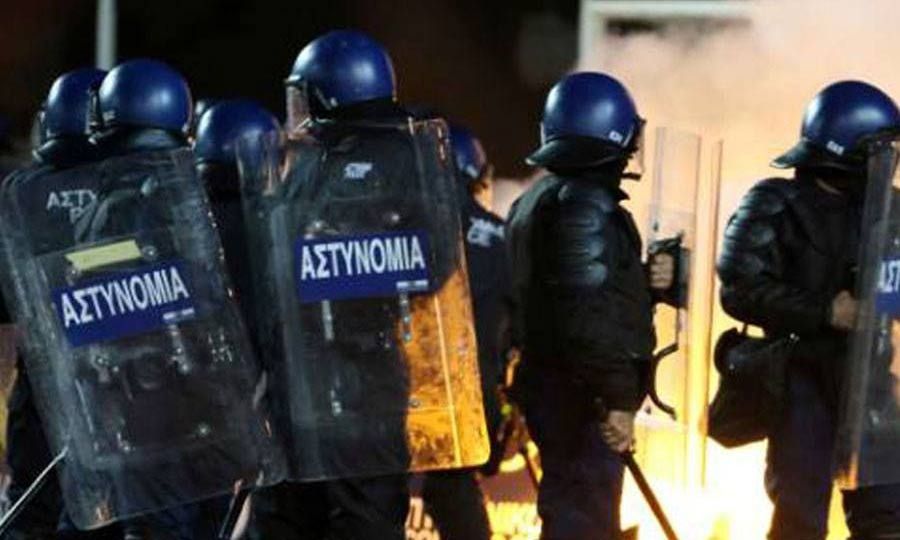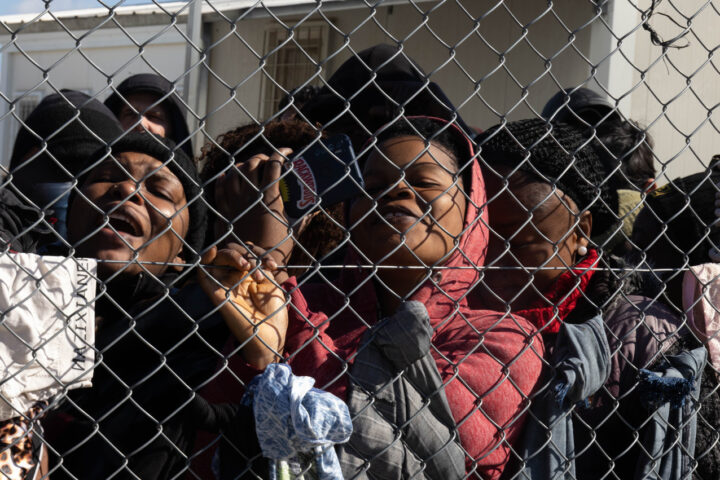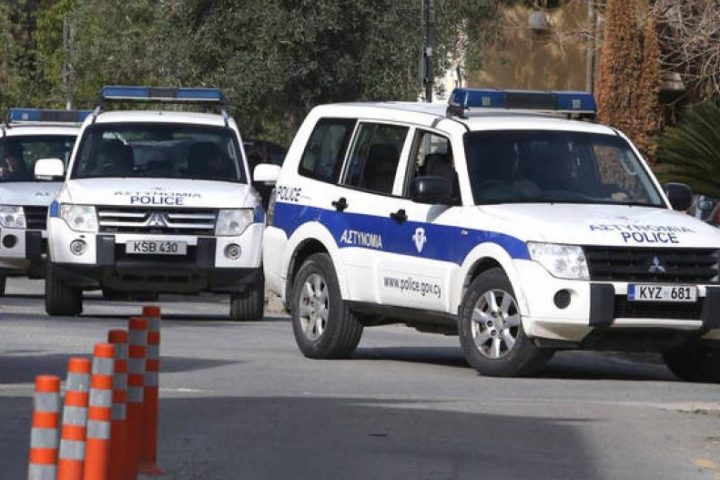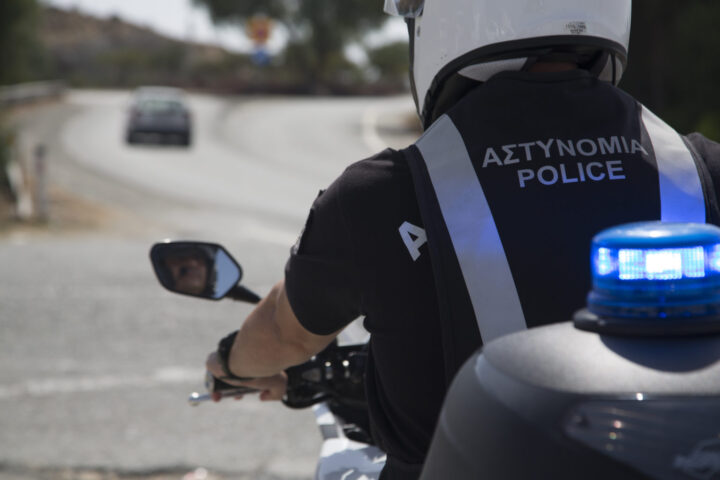An eerie calm pervades Chlorakas, Paphos, following recent violent outbreaks between Syrian refugees and extreme right-wing groups.
While the local community is returning to normal, authorities are on alert, fearing a repeat of recent events by stepping up police presence in the village.
The Justice Ministry has instructed the police to keep order in Chlorakas and surrounding villages and be ready to handle any issues when schools reopen next week.
Authorities have received information that Cypriot and Syrian student groups are getting ready to cause trouble connected to recent events in Chlorakas when children return to school next week.
Police chief Stelios Papatheodorou and his deputy Dimitris Dimitriou were in Chlorakas on Wednesday, reportedly laying out plans to keep the peace.
A heavy police presence is recorded in Chlorakas, Emba and Tremithousa villages, where officers are also clamping down on migrant trafficking rings.
Officers carry out preventive checks on passersby and random vehicles.
According to the police, as part of these checks on Wednesday night, eight drivers were reported for carrying dangerous items that could be used in an assault or were found to be under the influence of drugs.
So far, 26 people, including Greek Cypriots, Syrians and a Greek national, have been arrested concerning the violence in Chlorakas.
The violence unfolded after hundreds of Syrian and African migrants residing in a housing complex in the village were left without water and electricity as authorities moved to impose a decree to shut down the apartments.
The latest arrests followed a peaceful sit-down protest by migrants against violence on Sunday, where people wearing hoods damaged a property and vehicles belonging to non-Cypriots.
Sunday’s disturbances were preceded by a demonstration of around 300 people who marched through a central street in Chlorakas, calling for an end to irregular migration.
As reported, residents from nearby villages and Paphos had also participated in the demos.
They chanted slogans such as “foreigners out”.
Participants broke into smaller groups and engaged in violent outbursts, including attacks on the homes of migrant families.
Petrol bomb
Tension boiled over again on Monday, with groups of migrants and Greek Cypriots kept apart by police using teargas and water cannon.
A petrol bomb slightly hurt one police officer.
Last week, an operation was launched to record migrants living at a disused residency complex at the centre of the dispute in Chlorakas.
The government decided to shut down the residency complex and move migrants to a facility in Kofinou, Limassol, based on a decree issued by the Paphos district officer.
According to the decree, the Ayios Nikolaos complex should have been closed for health and safety reasons in 2021.
Residents argued the complex is inhabited by more than 600 refugees living in inhuman conditions, claiming they also stir up trouble.
Meanwhile, Kathimerini Cyprus edition reporters contacted locals who told the outlet that they believed that recent events were a time bomb waiting to go off, as the state did nothing to prevent the outcome.
Many told Kathimerini that Syrian refugees did not cause the issue but rather illegal migrants from other countries.
The majority condemned the attacks on Syrian homes.
An Interior Ministry official told the newspaper that the issue was long-standing and that recent events at Chlorakas do not paint the whole picture.
“According to the Ministry of Interior, the problem lies with irregular Syrians with political asylum status, making their prosecution challenging.
“Identification is also tricky because they come from a war-torn country, and Cyprus can’t communicate with Syria,” the Interior Ministry’ representative said.










